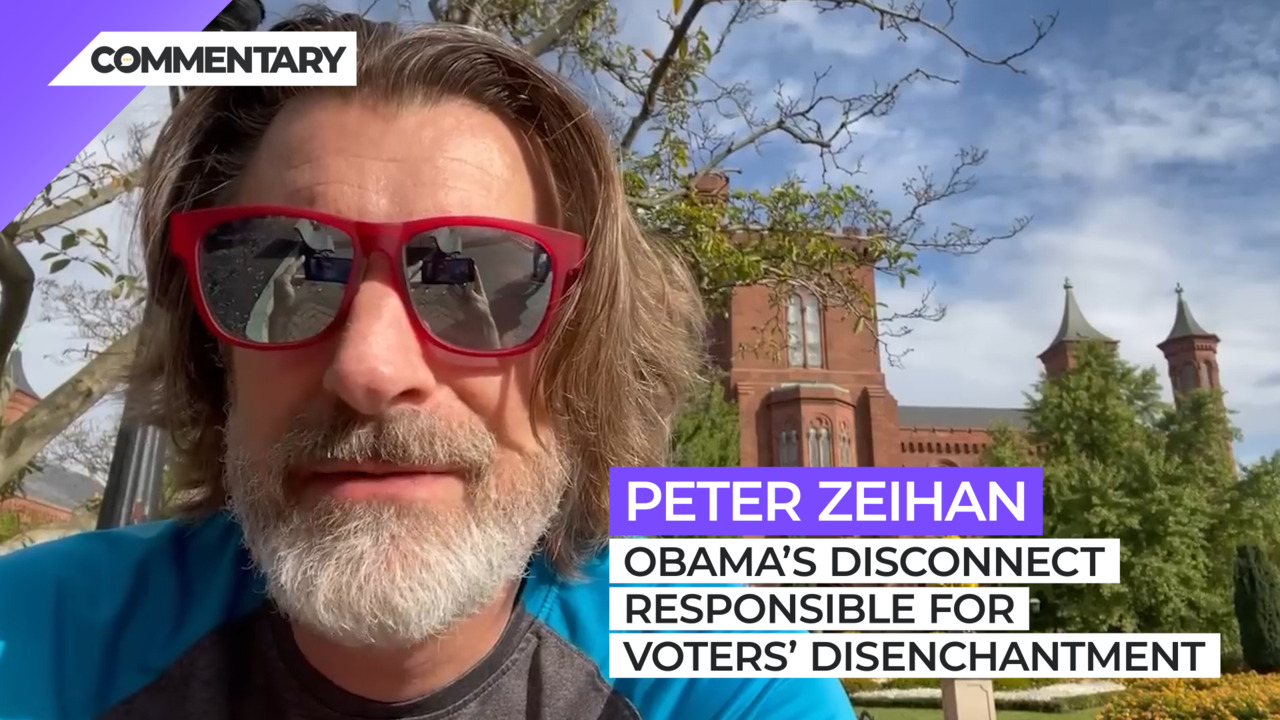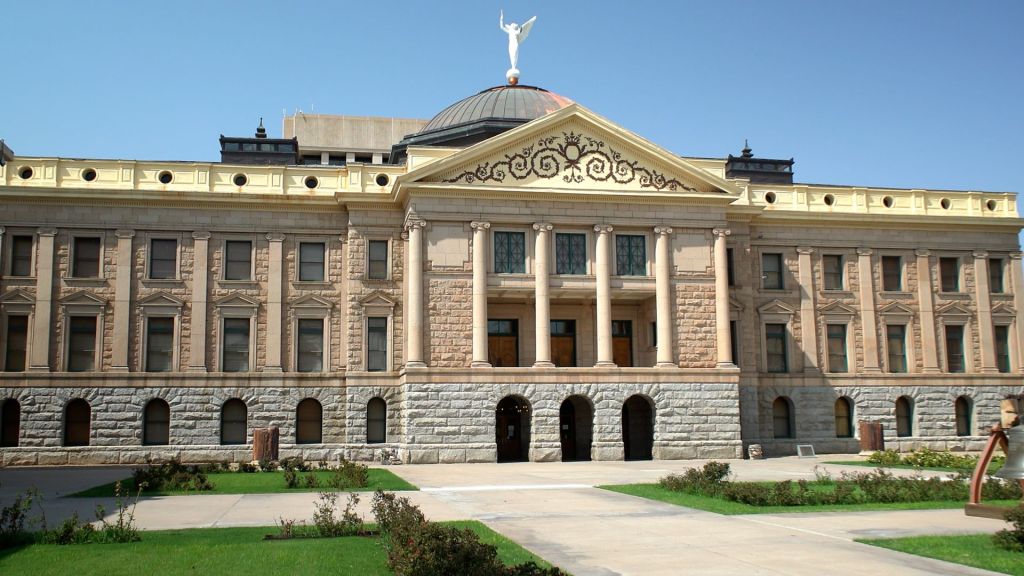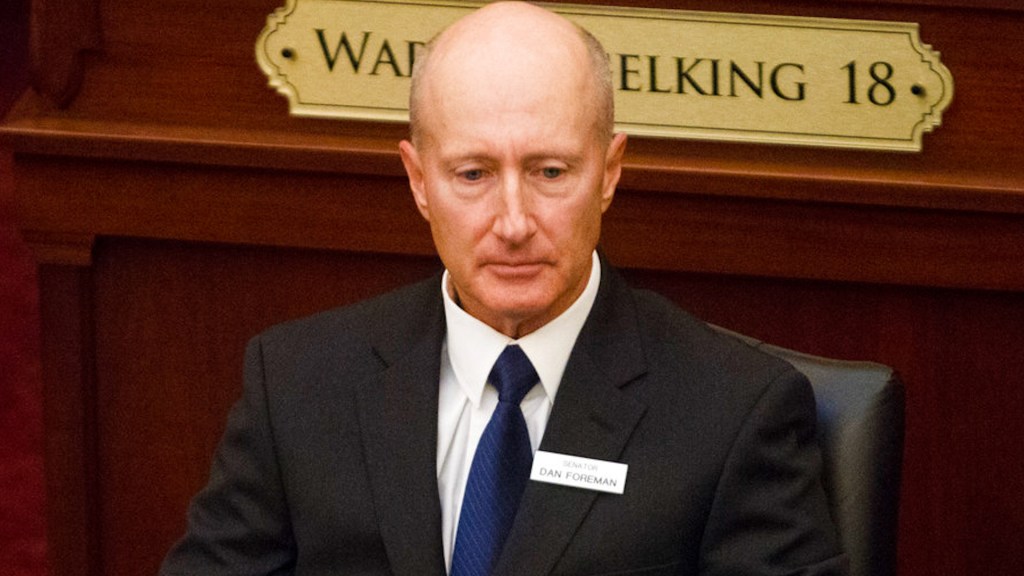
Commentary
-
Our commentary partners will help you reach your own conclusions on complex topics.
Hey everyone, Peter Zion here, coming to you from the Smithsonian Castle in Washington DC, which I thought would be a great backdrop for the next of his leadership series on American presidents and world leaders. Topic today is Barack Obama, who in my opinion, is the third smartest president the United States has ever had after Jefferson and Clinton.
That doesn’t mean he was successful. Barack Obama was the first leader in the post WWII era to really not come from a party. He campaigned on his personal charisma. He had never had what we would consider a grown-up job. He was the junior senator from Illinois. And aside from being a constitutional law professor, he really hadn’t had a big boy job until that point.
And it shows in his management skills. Before becoming president. The biggest thing he’d ever done is manage his own campaign, which had a staff of like sixteen, when he was running for Senate the first time.
In that sort of environment, when you suddenly inherit the American government apparatus with a staff of several million, he was wildly out of his depth, and more important, he wasn’t interested in the job once he got it.
Being president means managing, and that means communicating with people. And while he was wildly intelligent, he didn’t really care to be around others. So when he absorbed his briefs, he would read them. He rarely asked questions, he might submit questions to an agency for a written brief, but he really didn’t interact with the people who put it together. So he built up his raw intelligence and his understanding of a situation in a way almost unparalleled in American history. But then nothing ever came of it.
For eight years, the United States effectively didn’t have a foreign policy, because he didn’t want to speak with foreign leaders. He didn’t want to speak with his congressional allies. He didn’t want to speak with other people in the Democratic Party. He didn’t want to speak with his own cabinet. And so for eight years, we had one law that was basically passed in his tenure. That’s Obamacare. And it wasn’t even written by the White House. Congress put that together.
The disconnect between Obama and the government is directly responsible for the disenchantment that a lot of Americans feel with government in general, and that led directly to the rise of the next guy.
So if you’re looking for someone to blame for the rise of Donald Trump, you don’t have to look any further than Barack Obama. Because that disconnect is ultimately what broke trust in government – the fact that we didn’t engage for eight years. And so of course now, we have to turn to the guy who came in next.
-
Hurricane Helene hits US coast, Appalachia and beyond
Hurricane Helene hit Florida and Georgia overnight between Sept. 26 and 27 as a Category 4 hurricane, and accompanying storms will continue reaching deeper into the continental United States today. Dangerous flash flooding from the hurricane, known as storm surge, was some of the worst flooding that the Tampa Bay area has ever seen, and… -
Israel holds upper hand against Lebanon, Hezbollah and Iran
On Wednesday, Sept. 25, Hezbollah launched a ballistic missile at Tel Aviv in retaliation for Israel’s explosive pager attack that blew up devices across Lebanon. Although Israel’s defense systems intercepted the surface-to-surface missile, the attempted strike on Tel Aviv marked a significant escalation by Hezbollah. Since the siege on Gaza began, shortly after the Oct. 7, 2023,… -
The Sinaloa Cartel civil war
Fears of a civil war within the Sinaloa Cartel are growing as violence between competing factions within the cartel continues. The Mexican Army has dispatched around 600 elite troops to Sinaloa to help quell those fears, in addition to roughly 2,200 regular soldiers and National Guard. Watch the above video as Straight Arrow News contributor… -
New Ukrainian weapons hit Russia where it hurts
Ukrainian drones struck a major Russian ammunition depot, triggering a massive explosion that was captured on camera. According to the Ukrainian military, 2,000 tons of munitions had arrived at the depot before the attack. Over the past two years, Ukraine has significantly increased its domestic drone production, allowing it to scale up attacks on military… -
Weighing social costs vs. economic benefits on immigration
Global human migration is one of the defining elements of our current historical era, according to the United Nations. Migrants face both the incentives to leave — forced out by climate change, crime and corruption, extreme poverty or violence — and incentives for where to go, based on available job opportunities and so on. Migration…
Latest Stories
-
 Reuters
Reuters
2% of residents in Hurricane Helene’s hardest-hit counties had flood insurance
-
 AP Images
AP Images
US pushing to elect new Lebanese president as Hezbollah weakens
-
 Reuters
Reuters
US pays $72 million to pharmaceutical companies for bird flu vaccine
-
 Getty Images
Getty Images
Oklahoma starts bid for 55,000 Bibles that mirror ‘Trump Bible’
-
 Getty Images
Getty Images
Majority of NYC residents want Mayor Eric Adams to resign: Poll
Popular Opinions
-
In addition to the facts, we believe it’s vital to hear perspectives from all sides of the political spectrum.
Latest Opinions
In addition to the facts, we believe it’s vital to hear perspectives from all sides of the political spectrum. We hope these different voices will help you reach your own conclusions.
The opinions published in this section are solely those of the contributors and do not reflect the views of Straight Arrow News.

















Latest Commentary
We know it is important to hear from a diverse range of observers on the complex topics we face and believe our commentary partners will help you reach your own conclusions.
The commentaries published in this section are solely those of the contributors and do not reflect the views of Straight Arrow News.
Peter Zeihan
Geopolitical StrategistIsrael holds upper hand against Lebanon, Hezbollah and Iran
The Sinaloa Cartel civil war
New Ukrainian weapons hit Russia where it hurts
Dr. Frank Luntz
Pollster and Political Analyst‘A bipartisan problem’: Americans debate immigration policy
‘I’ve learned nothing’: Young undecided voters on debate, election
‘I don’t trust Kamala’: Why some Black men are voting Trump